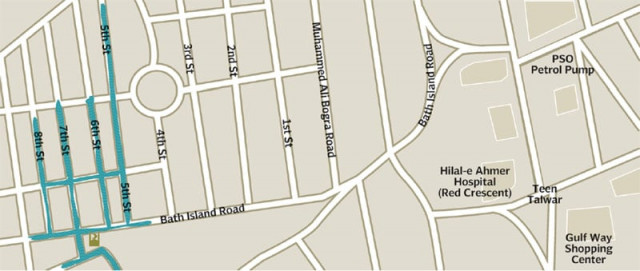Living in a city
Beyond better urban planning, the migration from rural areas across the country also needs to be looked at.

Beyond better urban planning, the migration from rural areas across the country also needs to be looked at. DESIGN: NASIR SHAHZAD/FILE
The top city administration says it is trying to sort out matters. But the fact also is that very similar scenarios exist everywhere. The haphazard planning, in virtually every urban centre, has created a situation that resembles chaos. This is visible in many areas of Karachi and Lahore, but also in cities such as Faisalabad, Hyderabad and Rawalpindi, as well as others. Clearly, we need better planning with all relevant agencies involved in this process. But we need also to think about just how many people our cities can accommodate. Beyond better urban planning, the migration from rural and smaller urban areas across the country also needs to be looked at. It is simply not sustainable. More work opportunities need to be created in places everywhere and more amenities provided to check the tide of people entering the biggest cities, while at the same time, putting in place a plan to check the collapse of the structures intended to meet the needs of people. The fact is that they are under tremendous strain anyway and without better planning and organisation can simply not survive as pressures on them grow.
Published in The Express Tribune, July 9th, 2013.
Like Opinion & Editorial on Facebook, follow @ETOpEd on Twitter to receive all updates on all our daily pieces.














COMMENTS
Comments are moderated and generally will be posted if they are on-topic and not abusive.
For more information, please see our Comments FAQ